The Big Read: Burnt out and disillusioned, young lawyers head for the exit — and the industry is worried
SINGAPORE — Like many sectors in Singapore, the legal profession was not spared the ravages of Covid-19. As the coronavirus forced borders to close and battered economies worldwide, James, an associate at a law firm, was told by his bosses in 2020 that everyone would have to tighten their belts as they were freezing all pay increments.
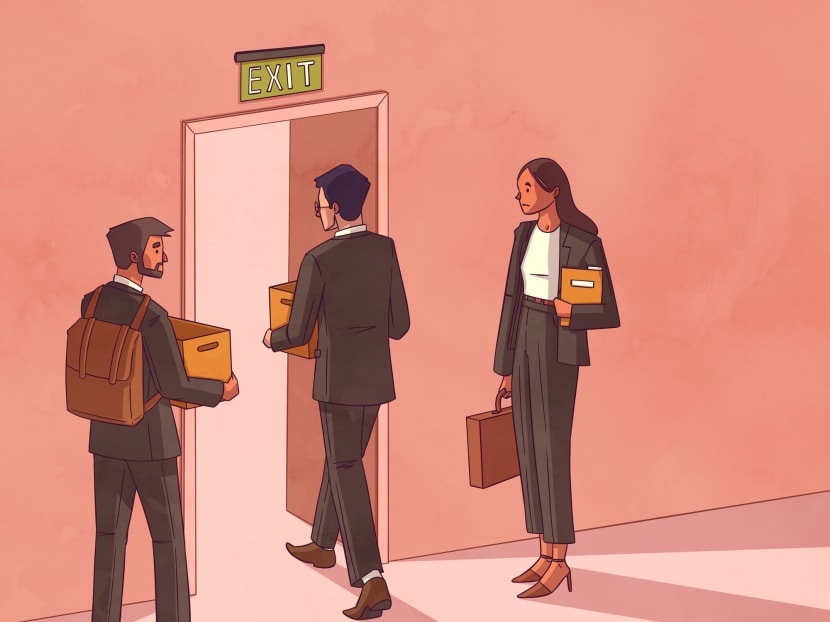
- Earlier this month, Law Society president Adrian Tan said that a record 538 lawyers left the profession last year, most of whom were juniors
- Young lawyers interviewed by TODAY said they left legal practice because they were burnt out, encountered toxic behaviour or found that it did not match their aspirations
- Despite a healthy supply of new entrants to the profession each year, senior lawyers stressed the need to retain talent
- They offered a range of suggestions to improve work-life balance and the culture at law firms, as well as helping young lawyers better plan their career
- A law school dean cited the need to address a mismatch of expectations and a misperception among some law students that being a lawyer is "glamorous"
SINGAPORE — Like many sectors in Singapore, the legal profession was not spared the ravages of Covid-19.
As the coronavirus forced borders to close and battered economies worldwide, James, an associate at a law firm, was told by his bosses in 2020 that everyone would have to tighten their belts as they were freezing all pay increments.
Considering it was an unprecedented period for many, James and his peers saw themselves as fortunate to be gainfully employed at a time when others were losing their jobs.
Thus, they were willing to batten down the hatches and wait for the difficult times to pass, and dutifully worked through the notoriously long hours the job is known for.
But something did not sit right for the 29-year-old.
James, like several interviewees who related their negative work experiences at various law firms to TODAY, did not want their real names used for fear of jeopardising their employment opportunities, or becoming the fodder for water cooler gossip in a small industry that has some 6,000 lawyers.
“Working from home due to Covid has, in a way, been the 'red pill'. It allowed us to take a step back and realise that we were being exploited by firms that used the pandemic as an excuse,” said James, referencing a plot device from science-fiction blockbuster The Matrix that led the film’s protagonist to learn the truth about his reality.
James, who was at the time specialising in corporate law, recalled one incident that put him off. A senior lawyer had bought a watch that cost a “few hundred thousands” and was bragging about it.
He found out through his fellow associates that it was not an isolated incident either, as their bosses were similarly making large purchases for homes and cars.
“It’s not nice knowing that you’re slaving away, buying into this idea that we need to be financially prudent during Covid, and yet you have so many bosses (making extravagant purchases) because they don’t have to pay out these additional bonuses.”
Such behaviour was what led several associates to leave the firm, said James.
After being in the firm for about three years, he resigned late last year. Now, he works as an in-house lawyer, which has enabled him to regain his work-life balance and exposed him to different industries.
The issue of attrition among young lawyers in the legal profession was brought to the fore by new Law Society president Adrian Tan during the opening of the Legal Year 2022 ceremony earlier this month.
In his speech, Mr Tan highlighted that a record 538 lawyers left the profession last year, most of whom were in the junior category of lawyers who had practised for less than five years.
In the junior category alone, the Law Society saw a record high of 310 exits, making up nearly 60 per cent of last year’s resignations. This coincided with a record low number of new lawyers being called to the bar in 2021, he added.
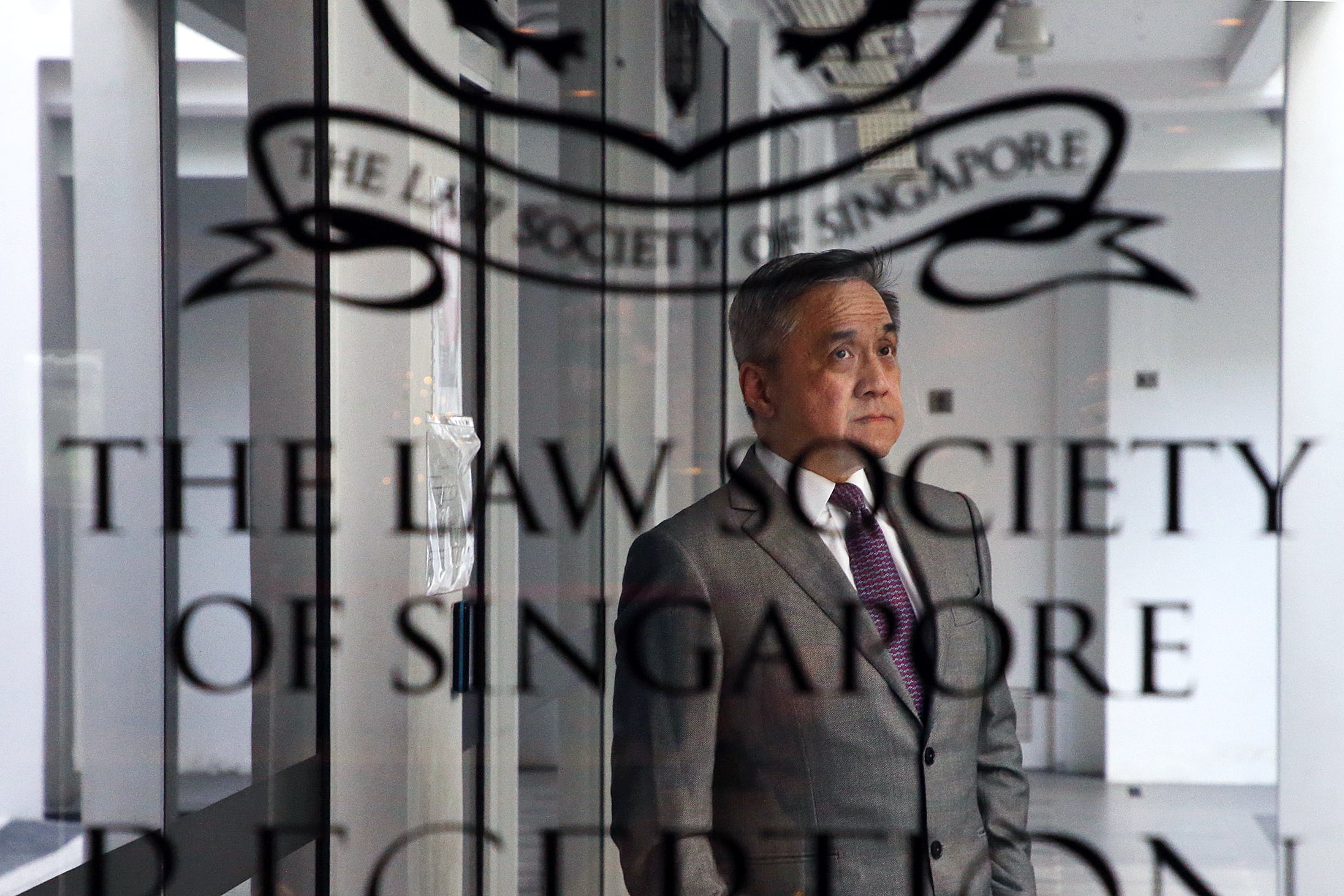
The departures, said Mr Tan, came in the midst of the "great resignation" sweeping some parts of the world where some workers are said to be quitting after the pandemic caused them to re-evaluate their priorities.
In trying to understand what has led to this attrition, TODAY spoke with others like James who have recently either left practice or the legal sector altogether.
Their reasons ran the gamut from incompatibility in career aspirations, to toxic work culture.
“When you’re sitting in your own room, working on the computer without any social interaction for that many hours, sleep for five hours and then rinse and repeat, it can get very mentally draining.David, 28, who left legal practice recently and felt that prior to the pandemic, the camaraderie of being in the trenches together with colleagues made the experience more bearable.”
For many, working from home, as a result of Covid-19 regulations, provided them with an opportunity to reflect on their circumstances.
In the case of David, not his real name, the routine of working from 9am up to 4am in isolation at home took a mental toll on him.
The 28-year-old said that prior to the pandemic, he would be working late into the night at the office “surrounded by friends”, and the camaraderie of being in the trenches together made the experience bearable.
“But when you’re sitting in your own room, working on the computer without any social interaction for that many hours, sleep for five hours and then rinse and repeat, it can get very mentally draining.”
David, who was a trainee at that point of time, stressed that he was not ill-treated, but felt that his superiors just did not know how to support their employees during the pandemic.
“I just felt very alienated. I had a good hard think about what I wanted to do, and this wasn’t it.”
David eventually left the legal sector to work in investments in mid-2020.
Others similarly remarked that the pandemic had served as a catalyst for them to act on some perennial problems that they had been facing.
Jane, not her real name, said she had no illusions about the rigours required to be a lawyer when she joined her previous law firm as an associate, where she specialised in litigation and corporate law.
What the 26-year-old took issue with, as the only woman in the firm, was being subjected to sexist and misogynistic behaviour.
For instance, she was perpetually performing “office house-work” such as planning parties and hosting events.
Her boss would also take her off certain case files and give them to any of her male colleagues who had expressed interest in them.
This, she said, perturbed her more than the office house-work as it prevented her from building up a good resume for herself.
But perhaps more egregious was the sexist language she had to put up with.
“They would tell me, ‘Are you sure you want to be a litigator? You have to be a b**** to be one’.”
The last straw for Jane was when her colleagues said crass things of a sexual nature that were “way over the line” to her.
She reported this incident to her boss, but he simply told her to “suck it up”.
In February last year, she decided to become an in-house lawyer, after being with her firm for three years.
When asked why she did not remain in practice by moving on to another law firm that had a bigger female representation, Jane said some had a reputation for being equally toxic.
Indeed, the issue of toxic work culture in some law firms was discussed online recently in a Linkedin Post by Mr Jonathan Muk, an associate director at a law firm, who was spurred to do so by a Business Times article on the matter.
An example from the article related to a junior lawyer who would get just less than four hours of sleep, and had to seek permission from her firm’s partner before doing anything.
In his post, Mr Muk claimed that the example was not unique or one-off, but a “pervasive norm in the Singapore legal industry”.
Speaking to TODAY, Mr Muk said that he could accept young lawyers leaving because of a mismatch in career expectations.
“What I am not fine with is people (who leave because) they get burned by bad bosses and toxic workplaces,” he said.
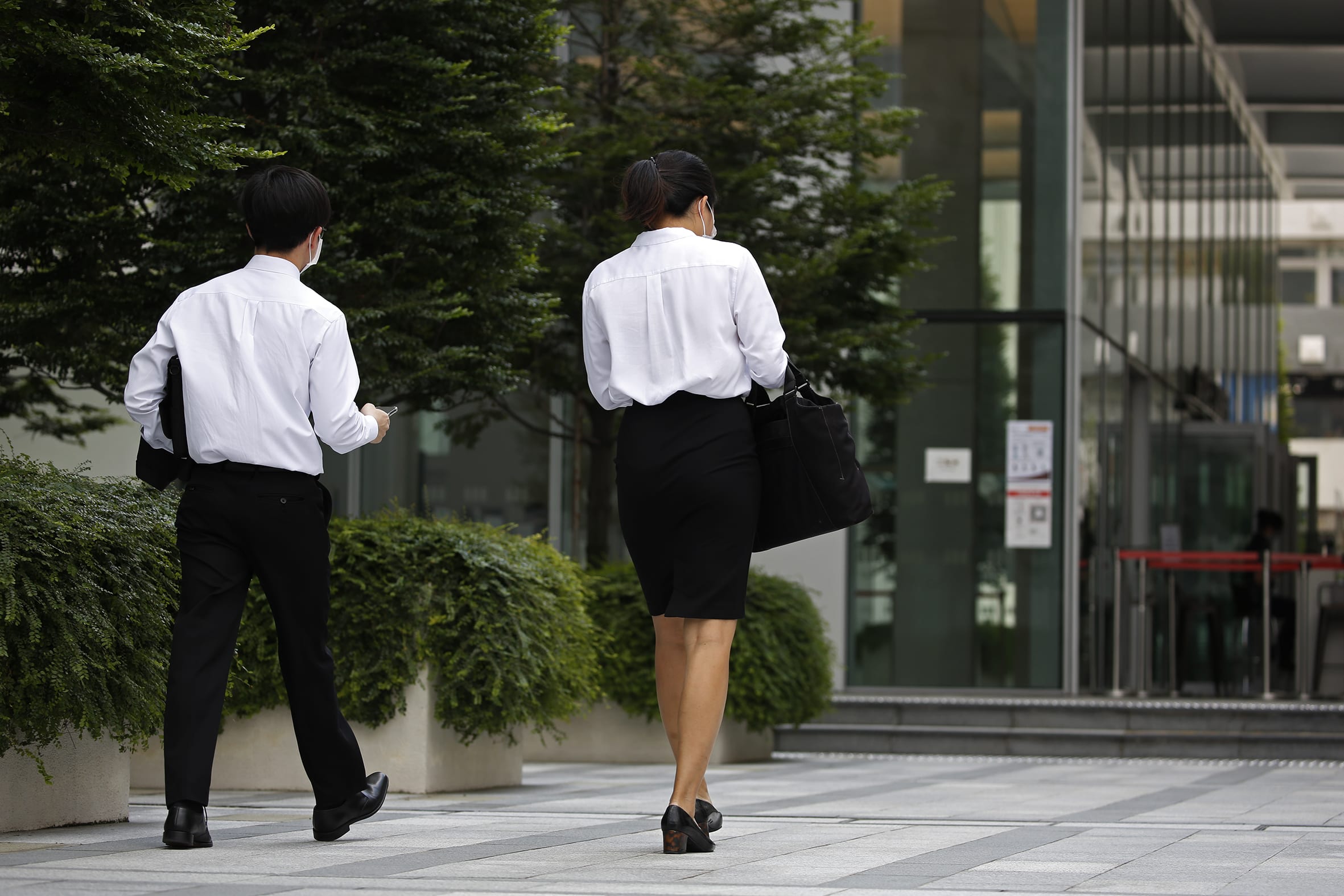
THE TIMES ARE A-CHANGING
In an email interview, Law Society’s Mr Tan said that the pandemic offered everyone a chance to have a reset and reassess their working conditions.
And while it was common in the past for lawyers to regard a career as a lifelong matter lasting decades, "the younger lawyers of today have more options, and we cannot expect them to look at things the same way”, he said.
The Covid-19 crisis has also accelerated digitalisation across many industries, including the legal sector.
In response to TODAY's queries, a Ministry of Law (MinLaw) spokesperson said that it encourages law firms to adopt and use technology more widely to improve their effectiveness and productivity. “The time saved can be used on more substantive legal work, allowing lawyers to do more in less time,” said the spokesperson.
But as several lawyers pointed out, technology is a double-edged sword.
Mr Tan noted that lawyers recognise the fact that "practice management systems and other tools can streamline processes, and automate tasks".
However, "they do little to reduce the pressures on the modern lawyer, who is expected to be responsive, and to solve complex business and family problems", he said.
“Because of modern technology, clients expect lawyers to be on demand, round the clock. If there is a court deadline on Monday, or a deal to be closed on a public holiday, then lawyers will have to see to it that the work is done."
Mr Mark Teng, the executive director of That.Legal LLC law firm, reiterated that while digitalisation has allowed lawyers to be more efficient, it has made them a “victim of their own success”.
They are now cramming more work within the same amount of hours, which consequently leads to a build-up of stress.
“We are all sucked into this vortex where we are perpetually turned on to high-alert,” he said.
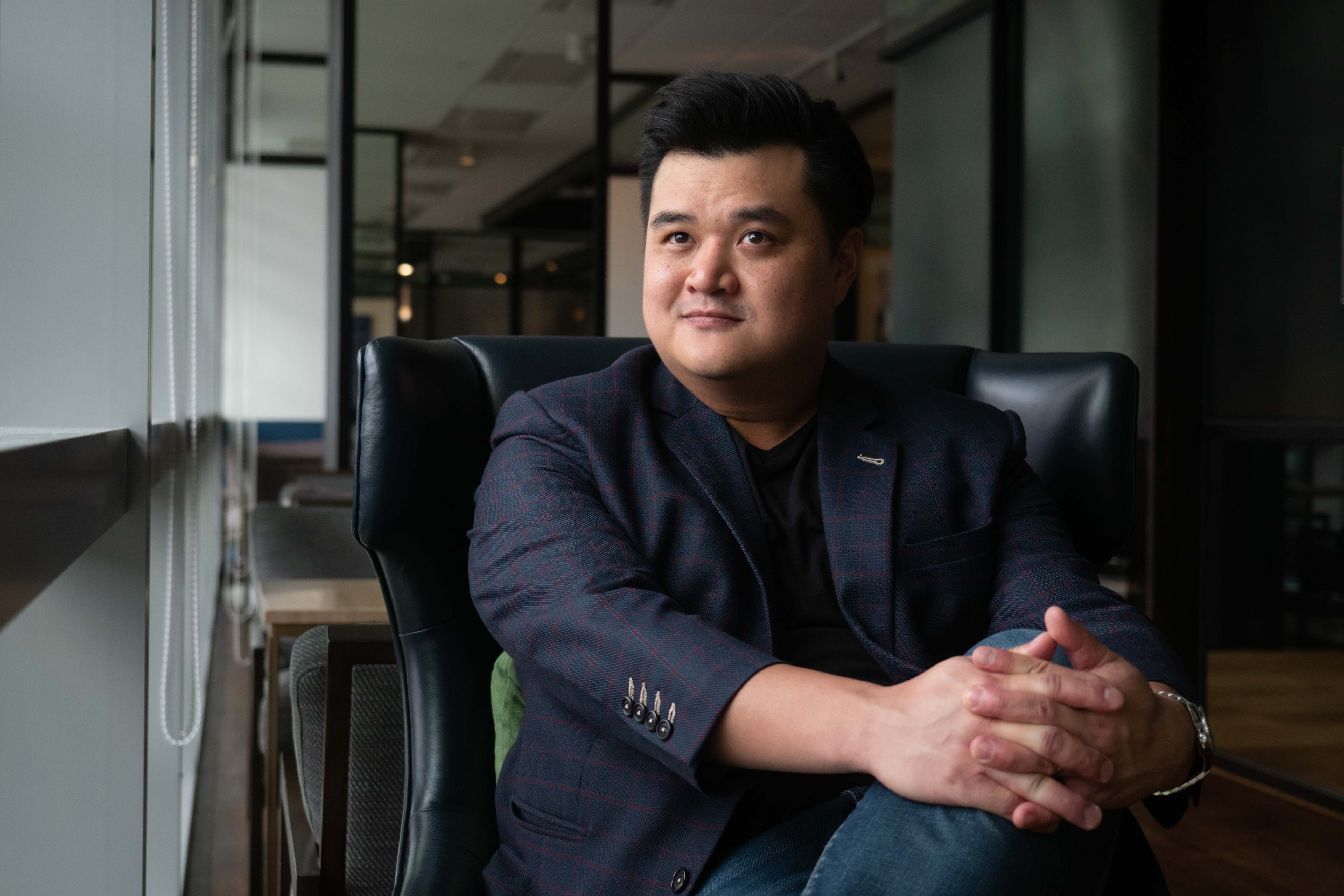
For example, court hearings are often held virtually now. In the past, Mr Teng said, lawyers could be sitting around in the courtroom for one or two hours before their case is heard, which gives them the mental break they need.
With virtual hearings, lawyers try to finish as many tasks as they can since they are in the office, before their hearings begin.
“Today, you try to put the young lawyers to a 13-hour day, based on this kind of intensity, I don't think it's really sustainable,” he said.
Mr Tan told TODAY that LawSoc has kicked off a nationwide conversation about the legal profession on social media, chat groups and private discussions.
“We are hearing from those who have stayed, those who have left, and those who have returned to private practice,” he said.
“There is a bit of a survivorship bias. My first two years of practice were extremely difficult. At that time I was told it was difficult for me because it had been equally difficult for my predecessors.Mr Adrian Wee, director of law firm Characterist LLC”
WAYS TO IMPROVE RETENTION
Some of the senior lawyers TODAY spoke to offered suggestions on how to retain young legal talent.
Mr Adrian Wee, director of law firm Characterist LLC, said that while it is generally agreed that the profession is demanding, there is room to improve work-life balance in a young lawyer’s life, for example.
“There is a bit of a survivorship bias,” he said. “My first two years of practice were extremely difficult. At that time I was told it was difficult for me because it had been equally difficult for my predecessors.”
He added: “They said if that was how they were trained, then this was how I was going to be trained too, and they would be damned if I turned out to be a 'strawberry'.”
He said this culture of requiring a young lawyer to be prepared to suffer for the first few years of their career has now been passed down. “It doesn’t necessarily have to be so,” he pointed out.
Rather, he said young lawyers should be given a clear path to the future so that “when life gets tough, they are able to see ‘the point of their suffering’”, instead of just fearing a reprimand from their boss.
To tackle abuse or exploitation, lawyer Michelle Yeo offered three suggestions in a recent LinkedIn post about the matter.
The first, she wrote, is setting guidelines on the maximum number of hours lawyers should be working on average. Taking reference from standard contractual hours, she wrote that this should be about 45 hours per week.
However, she clarified with TODAY that it does not mean imposing a "hard stop" once those hours are met since it is not always possible given the realities of the practice.
Second, she suggested an annual publication of profit per partner and salaries at every level, by firm — a practice that is done in the United Kingdom and the United States.
"It provides employees with better information on the pay they deserve. It also highlights the firms that pay fairly. All in all, the injection of information evens out the playing field in the labour market," she said.
And finally, she wrote that it would be beneficial to set up an anonymous whistleblowing hotline for exploitative and abusive firms and publish clear guidelines that define such practices and how to deal with it.
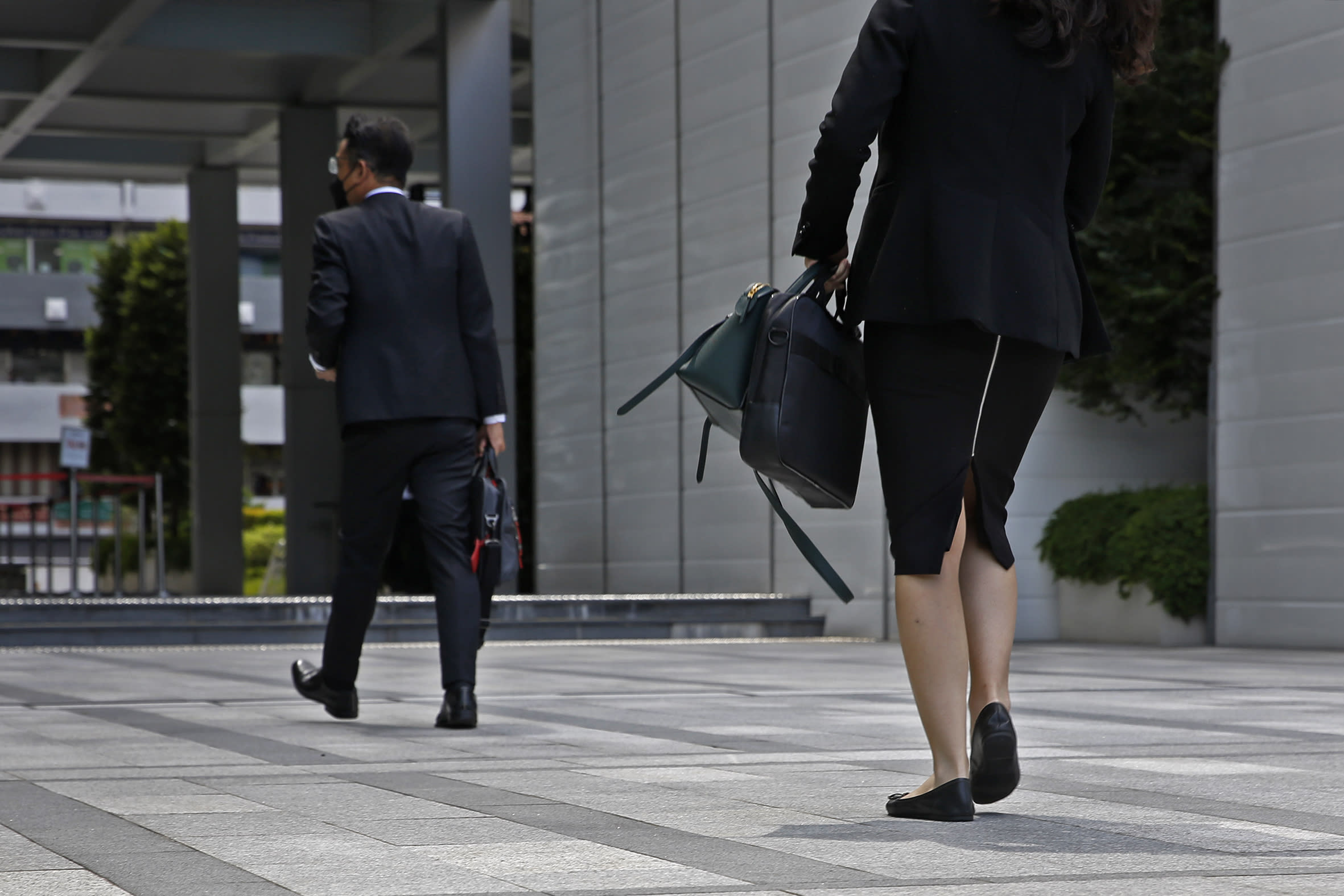
That said, Mr Teng of That.Legal LLC pointed out that toxicity in a workplace is not limited to the legal industry.
While he does not condone bad behaviour, he proffered possible reasons why some seniors lawyers behave poorly and drive young lawyers away
“The work is quite intellectually vigorous and people are generally smart and academic," he said.
“Naturally those who don’t leave, and become partners and directors at the end of the day are people who are exceptionally intelligent and they generally have less patience and tolerance for anything less than what they may consider an intelligent answer for a question."
But good lawyers may not necessarily make good managers, said Ms Christine Low, the director of the Peter Low & Choo LLC law firm.
“People are not born leaders. They need to learn how to be empathetic,” she said.
Ms Low said that for lawyers to become junior partners or associate directors, they will have to undergo a compulsory legal practice management course where they are taught a range of subjects, from dealing with liability, anti-money laundering regulations to conducting an elevator pitch.
She added: “I understand that the course has recently added modules on leadership and management, which is a good first step towards equipping these lawyers with the skills to be a good manager... Perhaps more regular training can be made available to lawyers, in addition to what’s included in the (course).”
Apart from “forcing training down their throats”, one concrete step senior lawyers can take is to have an annual work plan with young lawyers, said Ms Low.
What her firm does, she said, is to hold an annual work plan conference where young lawyers state their personal as well as professional goals.
The firm’s management then hold one-on-one sessions with them to discuss how the firm can help them achieve those goals.
“A firm’s management must be prepared to write off billable hours and really try to accommodate,” she said.
For instance, Ms Low said if an associate says they want more advocacy opportunities, or they feel that they want to get exposure to a certain practice area, then the management should help make that happen.
"It is an investment that will pay off for the firm in the long run as associates will take ownership of their growth, and feel supported that the firm is supporting them in their growth," she said.
Mr Teng said the approach his firm is taking is to live by the mantra of “do not do unto others what you do not want others to do unto you”.
Apart from encouraging his employees to spend time with their loved ones so that they “don’t miss out important moments in life”, Mr Teng said he tries to keep the number of hours worked daily between eight and 12.
Paraphrasing the author Simon Sinek, he said: “Happy employees, happy customers, and happy customers, happy shareholders.”
“Aspiring law students must “disabuse themselves” of the hype in media and movies about the glamorous and exciting life in law, said Singapore University of Social Sciences law dean Leslie Chew.”
MISPERCEPTION THAT BEING A LAWYER IS 'GLAMOROUS'
At the universities, some law academics also noted a mismatch of expectations among some students pursuing a law degree.
Singapore University of Social Sciences law dean Leslie Chew noted that many law students are “straight As” students and will have no trouble getting their degree, even if they have little interest in it.
“But when that new lawyer enters the profession, he or she will find out in the first few years of practice that actually they have little aptitude or appetite for practice,” said Prof Chew, citing the long hours, demanding bosses, difficult clients and the pressure of chalking up the appropriate level of billable hours.
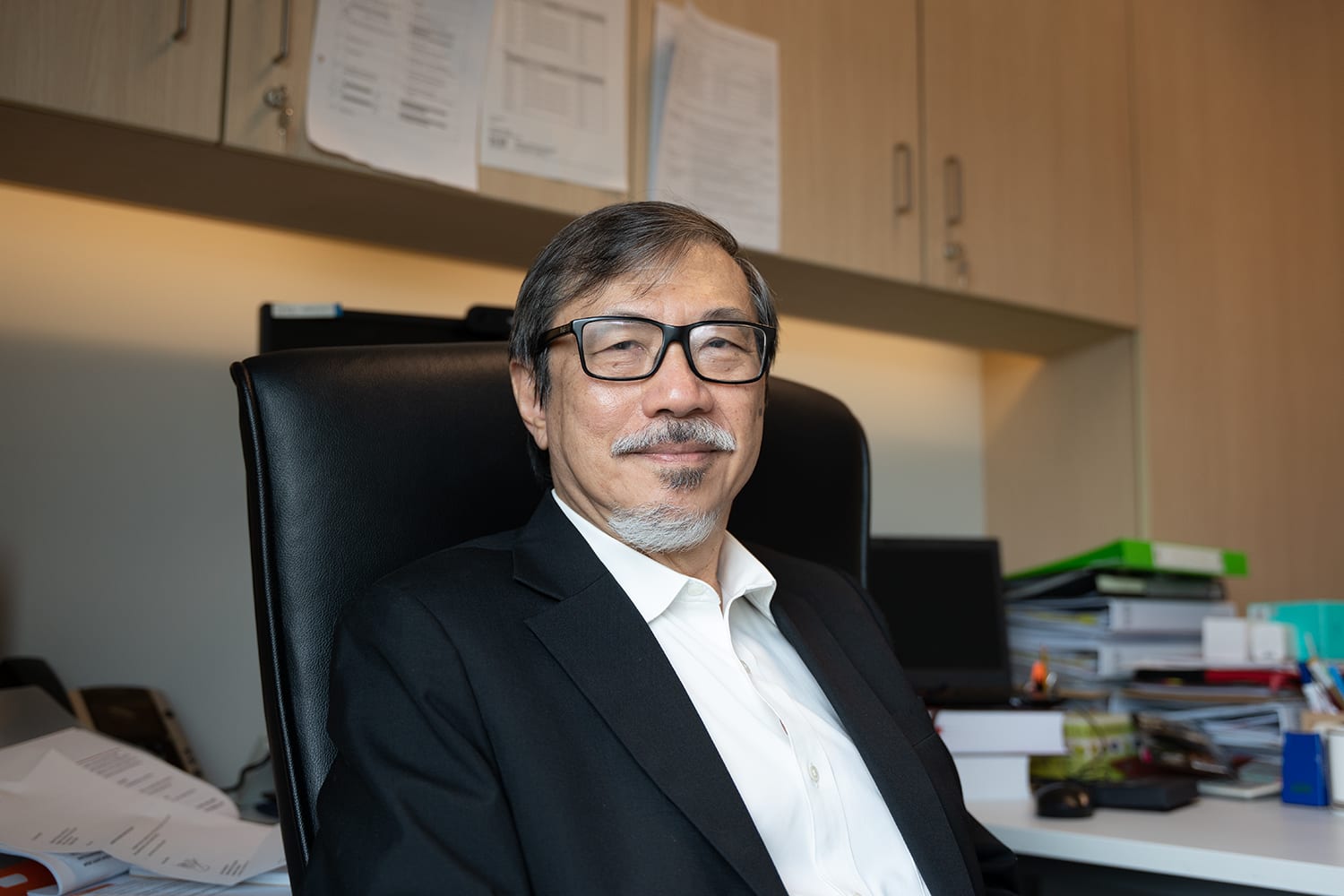
When these lawyers realise that “lawyering is not the trade they want to practise”, he said they typically leave it within the first few years of being in the profession.
“That may explain the high attrition among lawyers having five years or less practice experience,” he noted.
He said his faculty has also received feedback from law firms noting that many young lawyers have an unrealistic expectation of law practice. Aspiring law students must “disabuse themselves” of the hype in media and movies about the glamorous and exciting life in law, he added.
“Most of lawyering involves hard work and frequently disappointing outcomes," he said. "To be sure, there are exciting bits too. However, it is the routine and unglamorousness that sustains our work.”
To “militate against attrition among young lawyers”, he suggested that aspirants should find out if they really want to be a lawyer, that is, someone who will like the practice of law in both its mundane form with the usual routine, as well as the more exciting or interesting parts.
To be fair, unpleasant work-place experiences were not always factors that drove people away from legal practice.
Some, like Mr Brandon Yap, had given the profession a “fair shake”, and even had the fortune of having a nurturing boss he counts as a close friend.
“I was inspired by his pursuit for greatness, but not the subject matter,” said Mr Yap, 29, who had been an associate for two years.
Mr Yap said he enjoyed working as a lawyer, but not the act of arguing in court, which his mentor viewed as a craft to be continually honed.
That was one of the reasons he left practice altogether at the end of 2020. He now runs his own technology and media start-up.
National University of Singapore’s law dean Professor Simon Chesterman said that aside from the preparation for the practice of law, the studying of the subject is also “great training for other careers”, such as those in business, politics, arts and increasingly technology.
“So I don’t lose any sleep over the fact that some of our graduates who chose law at age 18 later decide they want to do something else,” he said.
Still, Mr Chooi Jing Yen, a partner at law firm Eugene Thuraisingam LLP, felt that the legal fraternity needs to look into why there is a mismatch between what law graduates expect and what legal practice is really like.
“If there is indeed a problem with how practising lawyers generally work with and treat junior lawyers, then this needs to be addressed head on,” said Mr Chooi.
HOW S'PORE MANAGES ITS SUPPLY OF LAWYERS
The Government has long paid close attention to the supply of lawyers: Its intervention can be traced back to 1992, when then-Prime Minister Goh Chok Tong warned of the dangers of having too many lawyers.
Among other things, this would divert Singapore’s scarce manpower resources to the legal profession and deprive other sectors of talent.
Between 1980 and 1992, the number of practising lawyers more than doubled from 809 to 2,174. As a result, the ratio of lawyers to every 100,000 persons here became higher than in Japan, Hong Kong and Switzerland.
The First Committee on the Supply of Lawyers was set up in 1993 and concluded that market forces alone might not correct an oversupply of lawyers, and it was better for Singapore to err on the side of having too few lawyers than too many, as the former can be easily corrected.
It recommended capping the annual intake of NUS law students from 200 to 150 over five years. More onerous conditions were also imposed on overseas-trained lawyers to practise law here.
But in 2001, the earlier recommendations had to be reversed when the Second Committee found that demand had outstripped the supply of lawyers.
The National University of Singapore (NUS) law school — Singapore's only law school at the time — subsequently increased its annual enrolment from 150 to 200 over the next few years while law graduates from 10 more overseas universities, including Australia and New Zealand, were allowed to practise here should they meet the academic cutoffs.
The supply crunch had been exacerbated by lawyers leaving the practice amid growing demand from foreign law firms which were getting into joint ventures and alliances with their Singapore counterparts.
To further meet the shortfall, the Third Committee in 2006 suggested setting up a second law school in the Singapore Management University, while NUS law school continued to raise its annual enrolment from 220 to about 250 students.
In 2013, the Government announced the setting up of a third law school at UniSIM, since renamed SUSS, to address the “critical shortage” of lawyers practising community law, which includes family and criminal law.
On the Government's approach, Singapore University of Social Sciences law dean Leslie Chew said: “In a small market like Singapore, a completely laissez-faire approach to the supply of professional services cannot be a good thing. The calibrated approach that Singapore has taken, I believe, is a sensible one."
Prof Chew pointed out that the Government does not have total control over the supply of lawyers, given that public policy can only have a direct impact on the number of local graduates.
“Beyond managing the number of overseas universities whose law degrees will be recognised, public policy cannot control the real number of students that will graduate from these recognised overseas institutions,” he said.
According to the Singapore Institute of Legal Education, there are 27 overseas universities from Australia, New Zealand, United Kingdom and the United States whose law degrees are approved in Singapore.
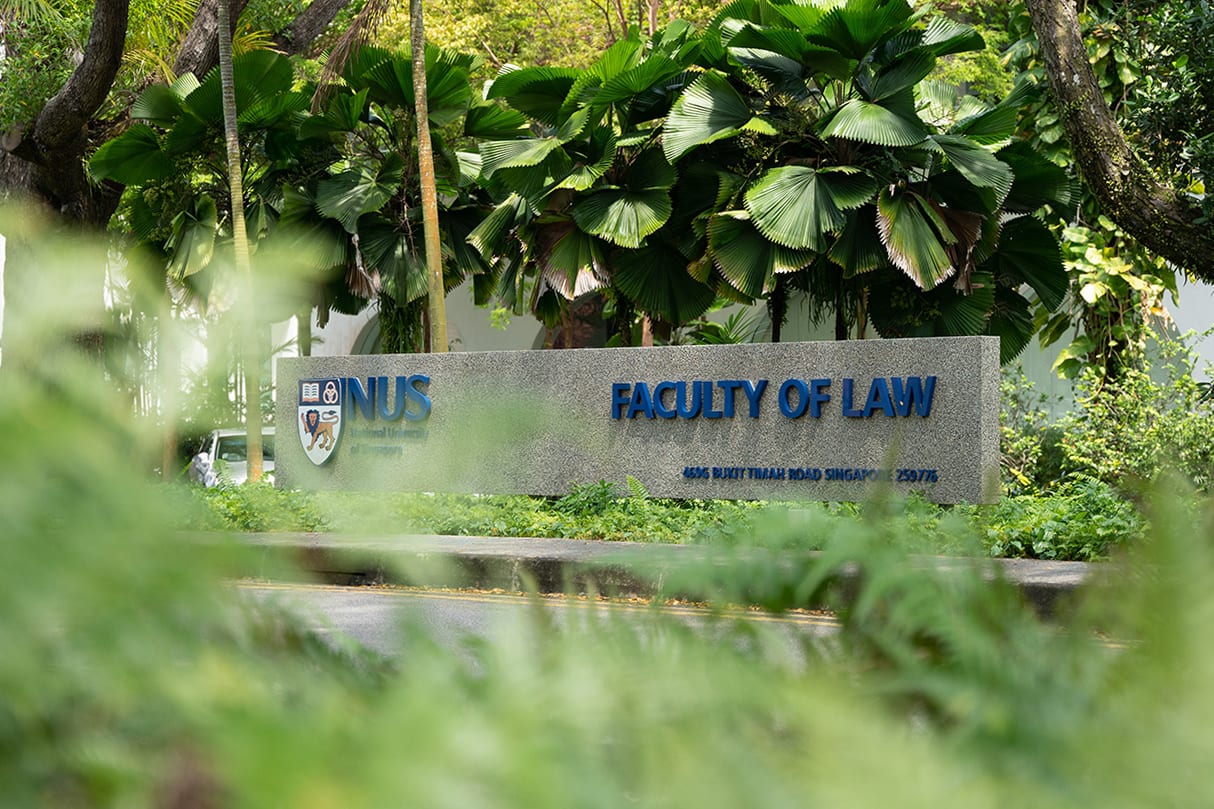
OVERALL SUPPLY OF LAWYERS HEALTHY BUT...
The high attrition of younger lawyers last year coincided with a "record low" number of new lawyers being called to the Bar, LawSoc's Mr Tan had highlighted in his speech at the opening of the legal work year.
A LawSoc spokesperson told TODAY that 614 lawyers were admitted to the Supreme Court last year, down from 716 in 2020 and 706 in 2019. For 2018 and 2017, the numbers were 647 and 648 respectively.
Meanwhile, the total number of Singapore lawyers holding practising certificates had “increased steadily in recent years” from around 5,400 in 2017 to 6,160 in 2020, and 6,290 in 2021, based on data from the MinLaw.
These figures take into account fresh graduates, people returning to legal practice as well as those who have left private practice.
A MinLaw spokesperson said the number of departures varies from year to year, though the figure last year was about 20 per cent higher than the three-year average between 2018 and 2020.
“Lawyers may leave private practice for a variety of reasons, including to pursue alternative career paths within or related to the legal industry, where their legal knowledge and skills continue to be relevant to their job roles,” said the spokesperson.
Mr Chooi noted that the problem of attrition in the legal sector has been around for ages.
“Last year’s numbers were a bit more alarming. The pandemic probably gave a lot of people time to pause and think,” he said.
Mr Wee, from Characterist LLC, said that the fact there is a number of young lawyers leaving must mean there is “something about the profession they find unacceptable or unsuitable”.
He noted that even though there is a constant supply of entrants to the industry, it is important for firms to find ways to retain their young lawyers.
“We invest heavily in training young lawyers. When a lawyer leaves the firm, all that training goes somewhere else. Worse, when the lawyer leaves the profession entirely, that investment is lost to the profession,” he said.
Moreover, as the learning curve is steep, a third or fourth-year lawyer can be expected to contribute in different ways and to a different degree than a fresh graduate.
“You cannot simply replace a young lawyer with an even younger lawyer.”
Law Society’s Mr Tan reiterated that society needs lawyers who are reasonably experienced, and familiar with their work and the environment.
But the industry takes time to turn new entrants into competent, all-round legal professionals, he said.
“Seasoned lawyers are prized, and we need more of them.”











